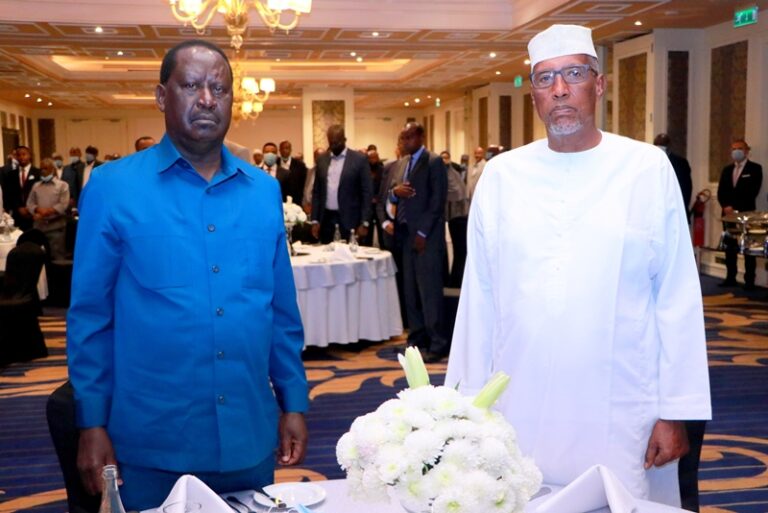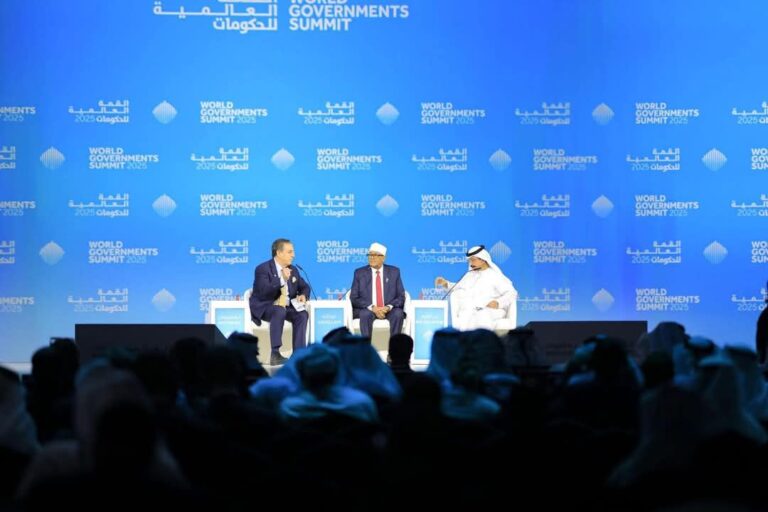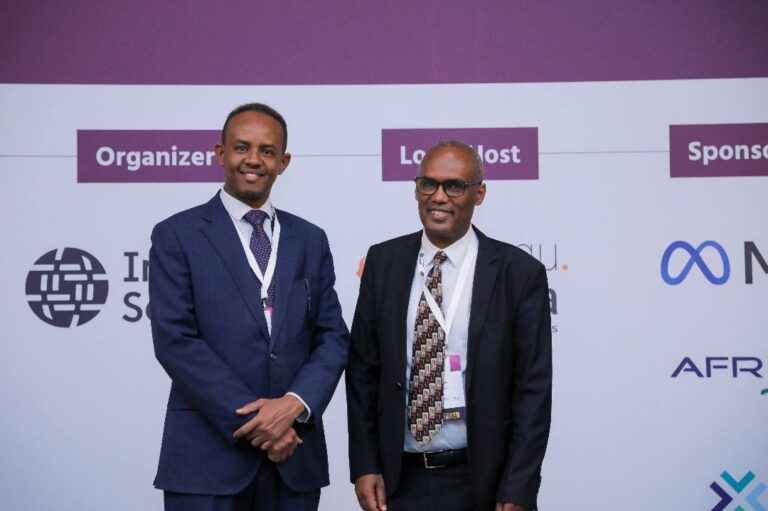From October 28 to November 3, 2017, ICANN60 was held in the captivating and inviting city of Abu Dhabi. The report that follows is based on my own experience with the why, how, and what this opportunity afforded me on a personal and professional level. The ccNSO-funded travelers program financed my attendance.
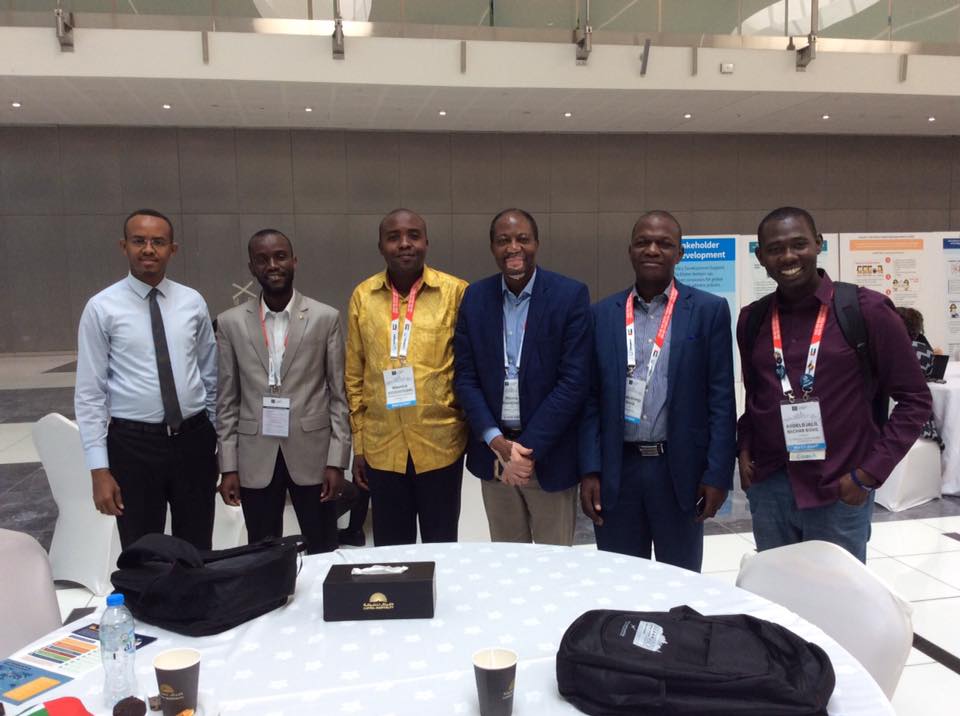
About ICANN Meetings
ICANN meetings are held three times a year and bring together members of the global Internet community to discuss and develop policies related to the domain name system (DNS).
Participants include representatives from governments, businesses, civil society, and technical experts. The meetings provide an opportunity for stakeholders to share their views and engage in discussions about the future of the Internet. Participants can attend in person or virtually, and the meetings typically include a mix of plenary sessions, workshops, and working group meetings. At the end of each meeting, participants are asked to rate the sessions, facilities, networking opportunities, and format of the meeting through a survey. ICANN also offers a fellowship program that provides support for individuals from developing countries to attend ICANN meetings and participate in the policy development process.
Why I attended ICANN Meetings?
For the last 20 years, I been actively involved in the technology sector, holding various roles and responsibilities. These include being a technology expert, web developer, founder of my own technology start-ups, education digitalization guru, domain flipping company owner , ICT sector manager, ICT lecturer, and implementer of technology-based qualifications in Somaliland and East Africa (ACCA, Cisco Certification, Pearson VEU & TOEFL). My extensive experience in the technology sector has allowed them to develop a diverse skill set and a deep understanding of the industry. I have also been involved in various aspects of technology, from developing and implementing technology strategies to educating others on the use of technology. My experience in founding technology start-ups has also given them a unique perspective on the challenges and opportunities that come with starting a business in the technology sector.
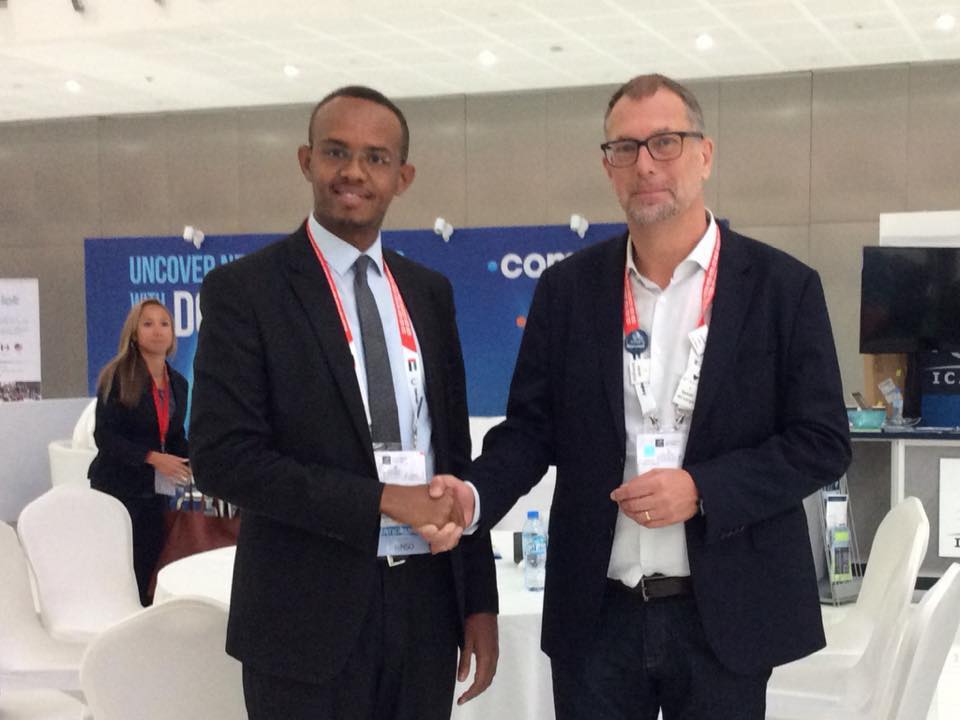
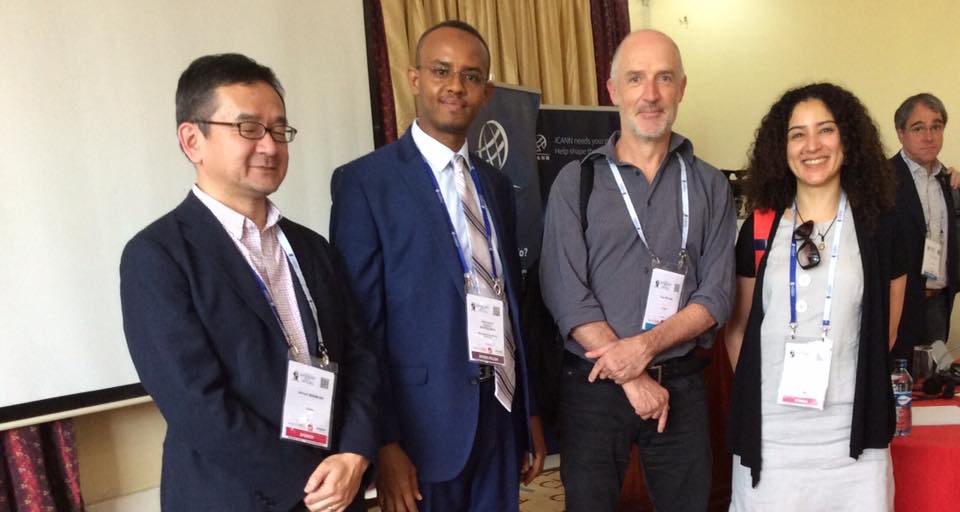
On the other hand, my beloved country, the Republic of Somaliland, is an unrecognised country that is internationally considered to be part of Somalia (though it is a state of 1960). As such, it does not have its own country code top-level domain (ccTLD) like other recognised countries. The ccTLD for Somalia is.so, which was officially re-launched on November 1, 2010, after a long absence. A ccTLD is a two-letter Internet top-level domain specifically designated for a particular country. According to a contract between the Internet Assigned Numbers Authority (IANA) and the Minister of Posts and Telecommunications of Somalia, Somalia will be in charge of managing the ccTLD.
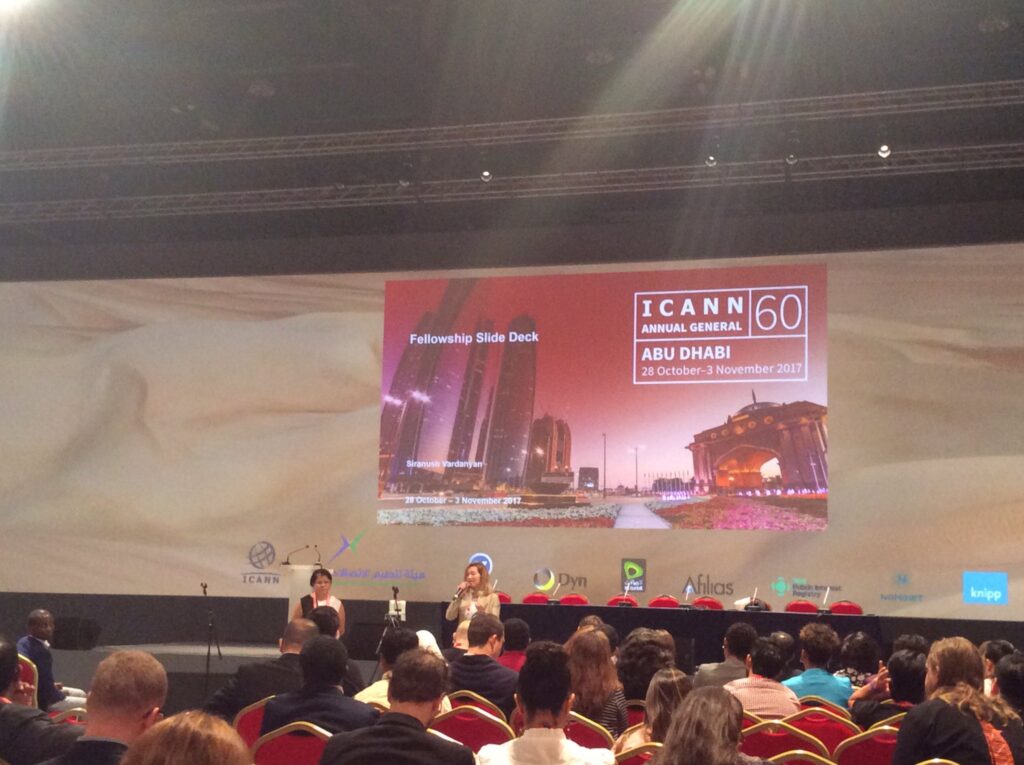
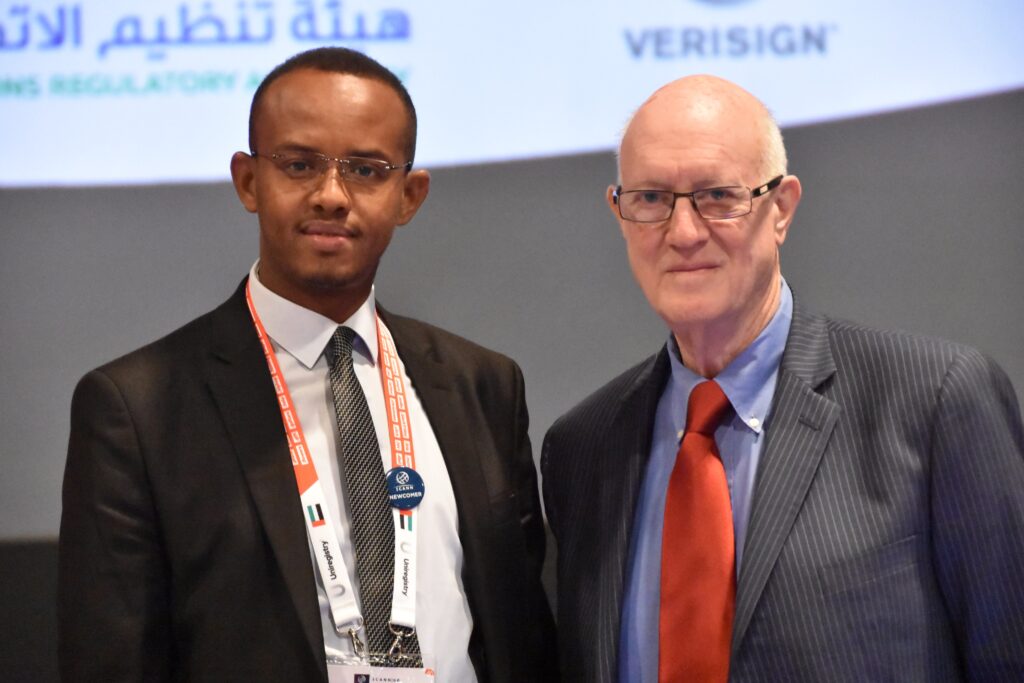
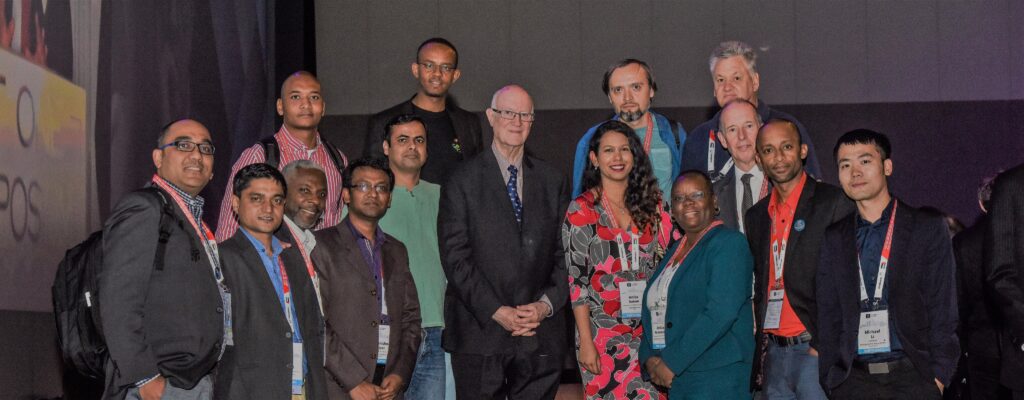
Given that Somaliland is an unrecognized country as they see it, it is understandable that it does not have its own ccTLD. However, there have been calls for Somaliland to be granted its own ccTLD. So, my intention to attend ICANN meetings was to gain an understanding of how my country, the Republic of Somaliland, can have its own ccTLD. Somaliland having its own ccTLD would not only provide Somaliland with a unique online identity but would also help to promote its recognition as a separate entity.
Luckily, during the Public Questions session at ICANN60, I raised my concern to the ICANN Board and the leadership, and this was their answer: “Abkhazia, Kosovo, Transnistria, Somaliland, South Ossetia, and others like them are not included in the ISO 3166-1 standard, hence ICANN cannot award them a country-code domain at this moment. To maintain ICANN’s impartiality, we use the internationally accepted and unbiased ISO 3166-1 standard in all of our work.”

